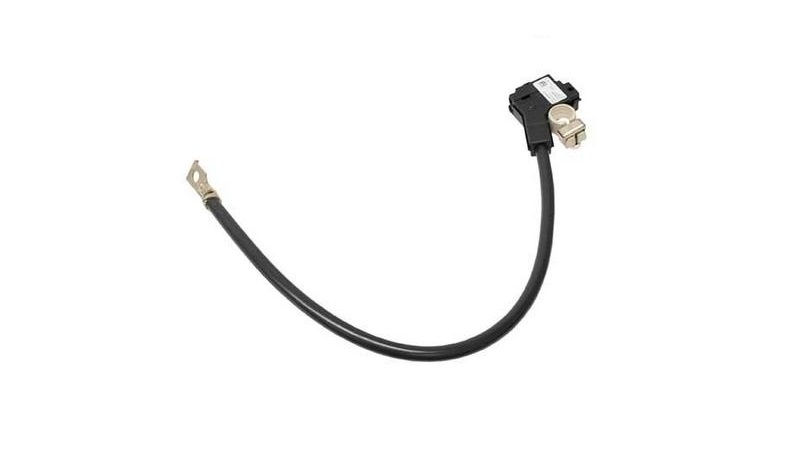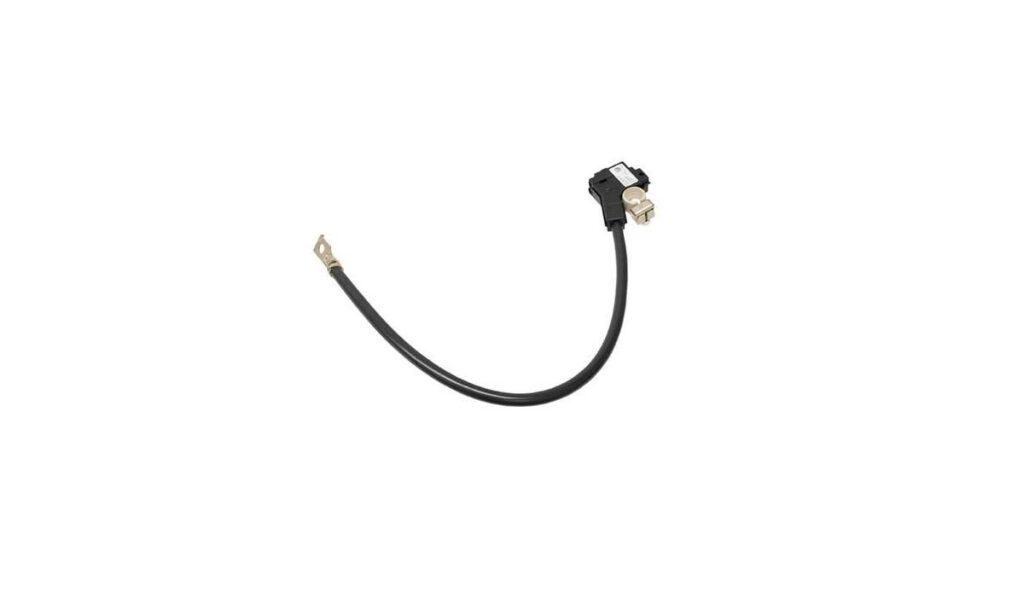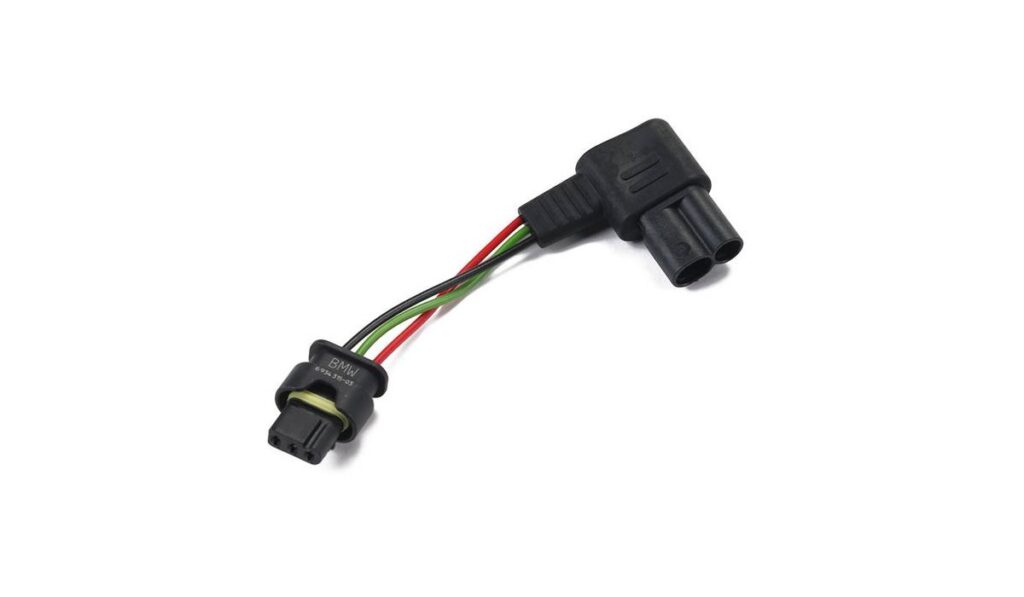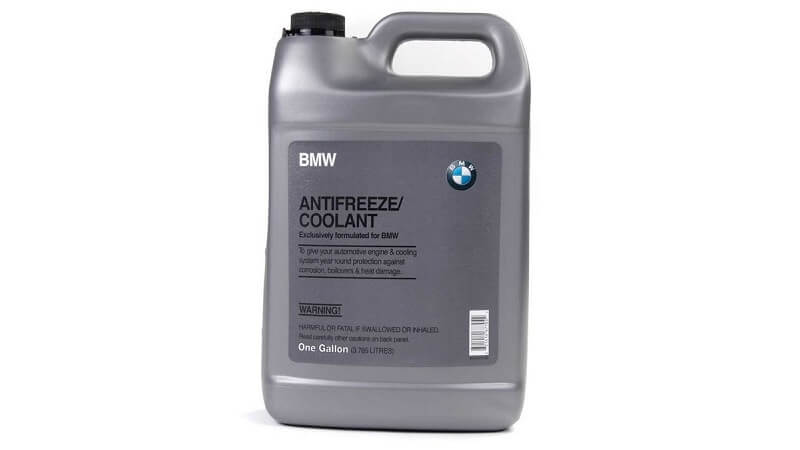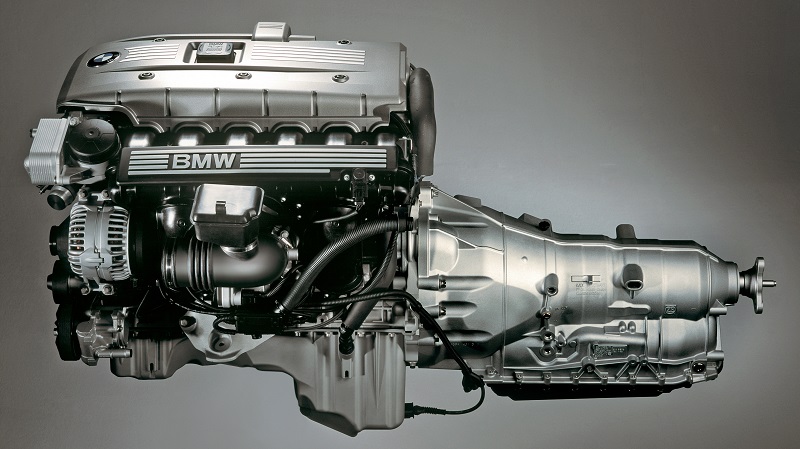Welcome to our comprehensive guide on the 2E8E BMW code, a series of digits and letters that can hold the key to diagnosing issues in your BMW vehicle. In the intricate world of automotive diagnostics, these codes act as a sort of digital trail of breadcrumbs, leading mechanics and enthusiasts alike to the heart of a problem. And today, we’ll be delving into a specific code — 2E8E — and its correlation with a critical component in your BMW: the Intelligent Battery Sensor (IBS).
Owning a BMW is a badge of prestige and performance, but it also means dealing with the intricacies of a sophisticated machine. One such complexity is the 2E8E code, which might seem like a jumble of characters to the uninitiated but holds a wealth of information about your vehicle’s health. Understanding and addressing this code is essential for ensuring the longevity and optimal performance of your prized BMW.
So, whether you’re a seasoned BMW enthusiast or a new owner navigating the intricacies of your vehicle’s diagnostics, this guide is here to help. We’ll discuss the 2E8E BMW code, explore the role of the Intelligent Battery Sensor, and equip you with the knowledge you need to diagnose and address potential issues effectively.
What is the 2E8E BMW Code?
Now that we’ve established the importance of BMW diagnostic codes, it’s time to focus our attention on one specific code—2E8E. This code points to issues related to the Intelligent Battery Sensor (IBS) in your BMW.
Decoding 2E8E
The 2E8E BMW code is part of the DTC system, and it signifies a particular problem within your vehicle’s electrical system. More specifically, it’s linked to the Intelligent Battery Sensor, or IBS for short. This sensor is a critical component in your BMW, responsible for monitoring and managing various aspects of your vehicle’s electrical system, with a primary focus on the battery.
The Significance of the 2E8E Code
When the 2E8E code appears on your BMW’s diagnostic system, it’s essentially alerting you to an issue with the IBS. This could range from minor malfunctions to more critical problems, all of which can impact the health and performance of your BMW.
Common Symptoms or Issues Associated with 2E8E
Here are some of the most common symptoms associated with 2E8E BMW code:
- Warning Lights — The illumination of warning lights on your dashboard, such as the battery or check engine light, often accompanies the 2E8E code.
- Battery Problems — Issues with your BMW’s battery, including poor charging or frequent battery replacements, can be indicative of 2E8E-related problems.
- Electrical System Anomalies — You may notice erratic behavior in your car’s electrical system, such as irregular voltage readings or issues with accessories like power windows or lights.
- Reduced Performance — In some cases, a malfunctioning IBS can affect your BMW’s overall performance and fuel efficiency.
- Starting Problems — Difficulty starting your BMW or instances of it not starting at all can be linked to IBS issues.
Understanding the 2E8E code and its connection to the Intelligent Battery Sensor is crucial for maintaining the reliability and performance of your BMW.
The Intelligent Battery Sensor (IBS)
In this section, we’ll dig into the heart of the matter—the Intelligent Battery Sensor (IBS). This component might not be the most well-known part of your BMW, but it’s undoubtedly one of the most critical when it comes to maintaining your vehicle’s electrical health.
The Intelligent Battery Sensor, or IBS, is a sophisticated electronic device that serves as the protector of your BMW’s electrical system. It’s strategically placed within the vehicle, typically near the battery or within the vicinity of the electrical distribution box.
Functions of the IBS:
- Battery Parameter Monitoring — The primary function of the IBS is to monitor various parameters of your BMW’s battery, such as voltage, current, and temperature. This data helps the vehicle’s computer systems manage the electrical load and ensure the battery is operating optimally.
- Charging Control — The IBS plays a pivotal role in regulating the charging of your battery. It ensures that the alternator supplies the right amount of power to recharge the battery without overloading it or causing damage.
- Start-Stop System — In modern BMWs equipped with start-stop systems, the IBS is crucial for determining when to shut off the engine and restart it to save fuel during idle times.
- Battery Health Monitoring — Continuous monitoring of the battery’s state of charge and health allows the IBS to alert the driver or the vehicle’s systems if the battery requires attention or replacement.
Why the IBS Matters
The IBS is not just another gadget in your vehicle; it’s the linchpin of your BMW’s electrical system. Properly functioning IBS ensures that the electrical components and systems in your car receive the right amount of power when they need it. This, in turn, translates to optimal performance, improved fuel efficiency, and overall reliability.
Understanding the IBS and its role in your BMW is essential because many issues related to the 2E8E code often point to problems with this sensor. The IBS serves as the electrical system’s “watchdog,” and when it starts to malfunction, it can trigger a cascade of electrical problems within your vehicle.
Signs of Intelligent Battery Sensor Issues
Now that we have a solid grasp of what the Intelligent Battery Sensor (IBS) is and its vital role in your BMW’s electrical system, let’s delve into the telltale signs that may indicate problems with the IBS. Recognizing these symptoms early can help you address issues quickly, potentially saving you from more extensive and costly repairs down the road.
Warning Lights on the Dashboard
One of the most common and noticeable signs of IBS problems is the illumination of warning lights on your BMW’s dashboard. Keep an eye out for the following lights:
- Battery Warning Light — This light often resembles a small battery icon. When it lights up, it typically means that there’s an issue with the charging system, which can be related to the IBS.
- Check Engine Light — The check engine light can be triggered by a wide range of issues, including those related to the IBS. It’s crucial to have the specific diagnostic code read to determine if it’s related to the IBS or another component.
Battery Problems
Issues with your BMW’s battery can often be traced back to IBS problems. Look out for:
- Frequent Battery Replacements — If you find yourself replacing the battery more often than usual, it could be a sign that the IBS is not managing the charging properly.
- Poor Battery Performance — A battery that doesn’t hold a charge, struggles to start your car, or exhibits erratic behavior may be affected by IBS-related issues.
- Battery Cable Issues — A damaged or corroded battery cable, especially the negative one where IBS is often found, can lead to 2E8E error.
Electrical System Anomalies
The IBS is intricately connected to your BMW’s electrical system. As such, problems with this sensor can manifest as quirks or malfunctions in various electrical components, including:
- Power Windows and Lights — Irregularities with power windows or lighting systems can be attributed to the IBS not providing consistent power.
Reduced Performance
While the IBS primarily focuses on the electrical system, its malfunctions can indirectly affect your BMW’s overall performance. Look for signs such as:
- Reduced Fuel Efficiency — IBS issues can impact the efficiency of the charging system, which can, in turn, affect fuel efficiency.
Starting Problems
Difficulty starting your BMW or instances where it doesn’t start at all can be indicative of IBS issues. The IBS plays a role in ensuring the battery has enough charge to start the engine reliably.
Diagnosing and Fixing 2E8E BMW Code Issues
Now that we’ve covered the basics of the 2E8E BMW code and the Intelligent Battery Sensor (IBS), let’s dive into the practical steps you can take to diagnose and address issues related to this code effectively. Whether you’re a seasoned DIY enthusiast or prefer to leave it to the professionals, understanding the diagnostic and repair process is crucial.
Step-by-Step Guide
Read the Code: When you encounter the 2E8E code or any other BMW diagnostic code, the first step is to read and record the code using a diagnostic scanner or code reader. This device plugs into your vehicle’s OBD-II port and provides the specific code causing the issue.
- Consult the Service Manual — Refer to your BMW’s service manual or technical documentation to understand the code’s meaning and its connection to the IBS.
- Visual Inspection — Conduct a visual inspection of the IBS and its wiring. Look for any signs of physical damage, loose connections, or corrosion. Sometimes, a simple fix like tightening a loose connector can resolve the issue.
- Battery Check — Test your BMW’s battery to ensure it’s in good condition. A faulty or weak battery can trigger IBS-related problems. Replace the battery if necessary.
- Voltage Measurement — Use a multimeter to measure the voltage across the battery terminals when the vehicle is running. The voltage should be within the manufacturer’s specified range. If it’s too high or too low, it could indicate an IBS problem.
- Resistance Check — Measure the resistance between the IBS and the battery negative terminal. A high resistance reading can indicate a problem with the wiring or the IBS itself.
- IBS Replacement — If the diagnostic tests point to a faulty IBS, replacement may be necessary. Consult your vehicle’s service manual for specific instructions on replacing the IBS, or consider seeking professional help if you’re not comfortable with this task.
- Clearing the Code — After addressing the issue, use your diagnostic scanner or code reader to clear the 2E8E code from the vehicle’s memory. This step is essential to ensure the code doesn’t continue to trigger warning lights or affect performance.
- Test Drive — Take your BMW for a test drive to ensure that the problem has been resolved and that all warning lights are off.
Preventative Maintenance for BMW IBS
Preventative maintenance is a key strategy for ensuring the longevity and optimal performance of your BMW’s Intelligent Battery Sensor (IBS) and the entire electrical system. By proactively taking steps to maintain a healthy electrical system, you can minimize the risk of encountering 2E8E BMW code issues or other related problems.
Regular Battery Inspections
Frequent battery inspections are essential to catch issues early. Check the battery terminals for corrosion and ensure they are clean and tight. Also, monitor the battery’s state of charge using a battery tester or multimeter.
Maintain Proper Battery Voltage
It’s crucial to keep your BMW’s battery voltage within the manufacturer’s specified range. If you frequently drive short distances or use power-hungry accessories without running the engine, consider investing in a battery charger or maintainer to keep the battery voltage in check.
Drive Your BMW Regularly
Prolonged periods of inactivity can lead to battery discharge and IBS issues. If your BMW is not a daily driver, consider taking it for a spin occasionally to keep the electrical system healthy.
Keep Electrical Loads in Check
Avoid overloading your BMW’s electrical system with aftermarket accessories or modifications that draw excessive power. Ensure that all additional components are properly installed and do not strain the IBS.
Avoid Jump-Starting When Possible
While jump-starting is a handy way to get your BMW going when the battery is flat, it can put additional strain on the IBS and the electrical system. If possible, charge the battery using a battery charger or replace it when it’s past its prime.
Keep an Eye on Warning Lights
If any warning lights appear on your dashboard, especially those related to the battery or the charging system, don’t ignore them. Promptly investigate the issue or consult a professional mechanic to prevent further complications.
Maintain Clean Electrical Connections
Corroded or loose electrical connections can lead to IBS problems. Periodically inspect and clean these connections to ensure a secure and efficient electrical system.
By implementing these preventative maintenance practices, you can significantly reduce the likelihood of encountering IBS-related issues and the 2E8E BMW code. Keeping your BMW’s electrical system in top shape not only ensures reliability but also enhances your overall driving experience.
Fix the 2E8E BMW Code with Quality BMW Parts
The Intelligent Battery Sensor emerged as the unsung hero in your BMW’s electrical system, responsible for managing your battery’s health and ensuring your vehicle operates smoothly. We discussed its functions, why it matters, and how its malfunctions can affect your car’s performance.
Here at Bimmers.com, we offer a wide range of Intelligent Battery Sensors and other components related to your car’s charging system. Head over to our catalog and find quality BMW parts at sharp prices. Fix your 2E8E BMW code once and for all!

